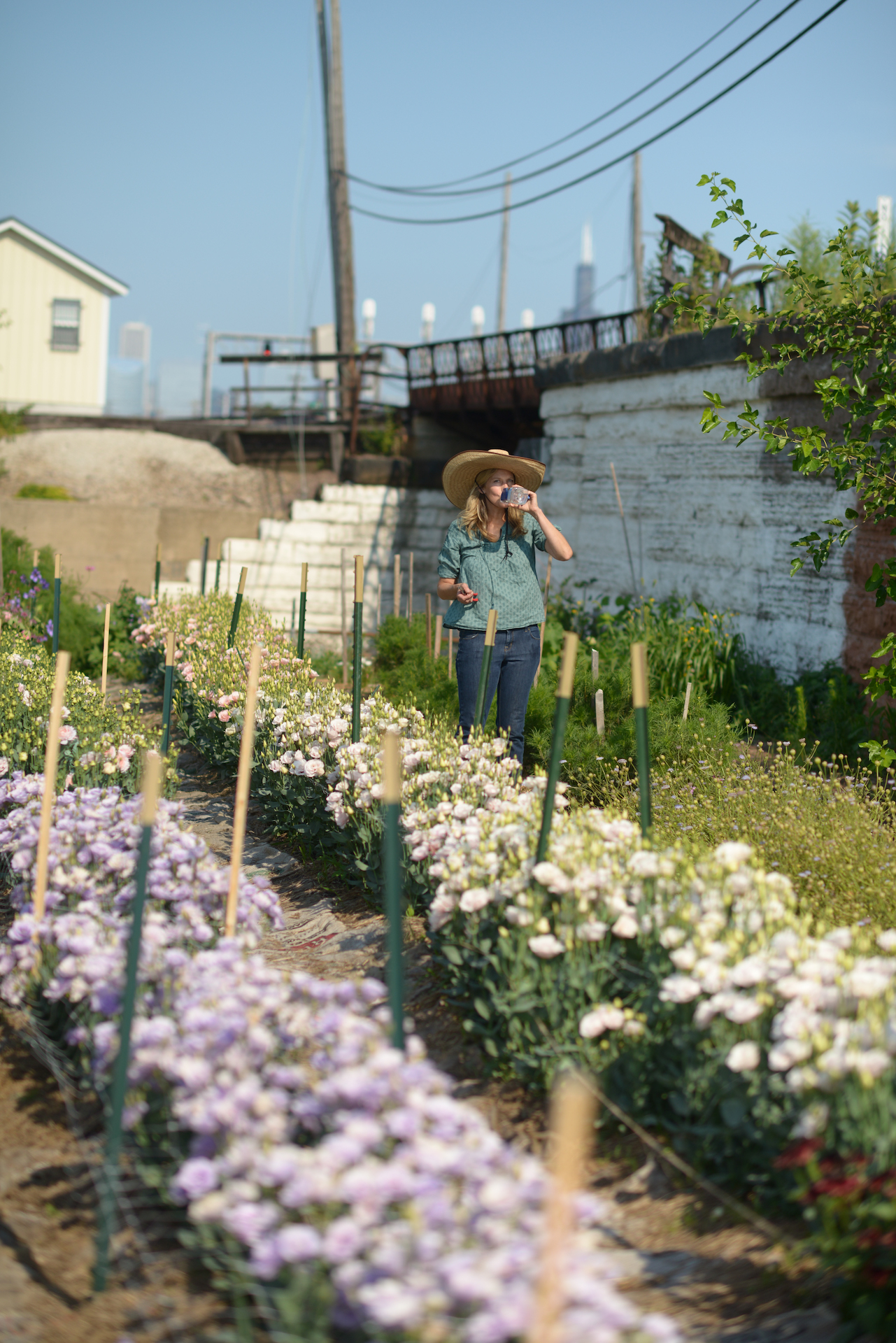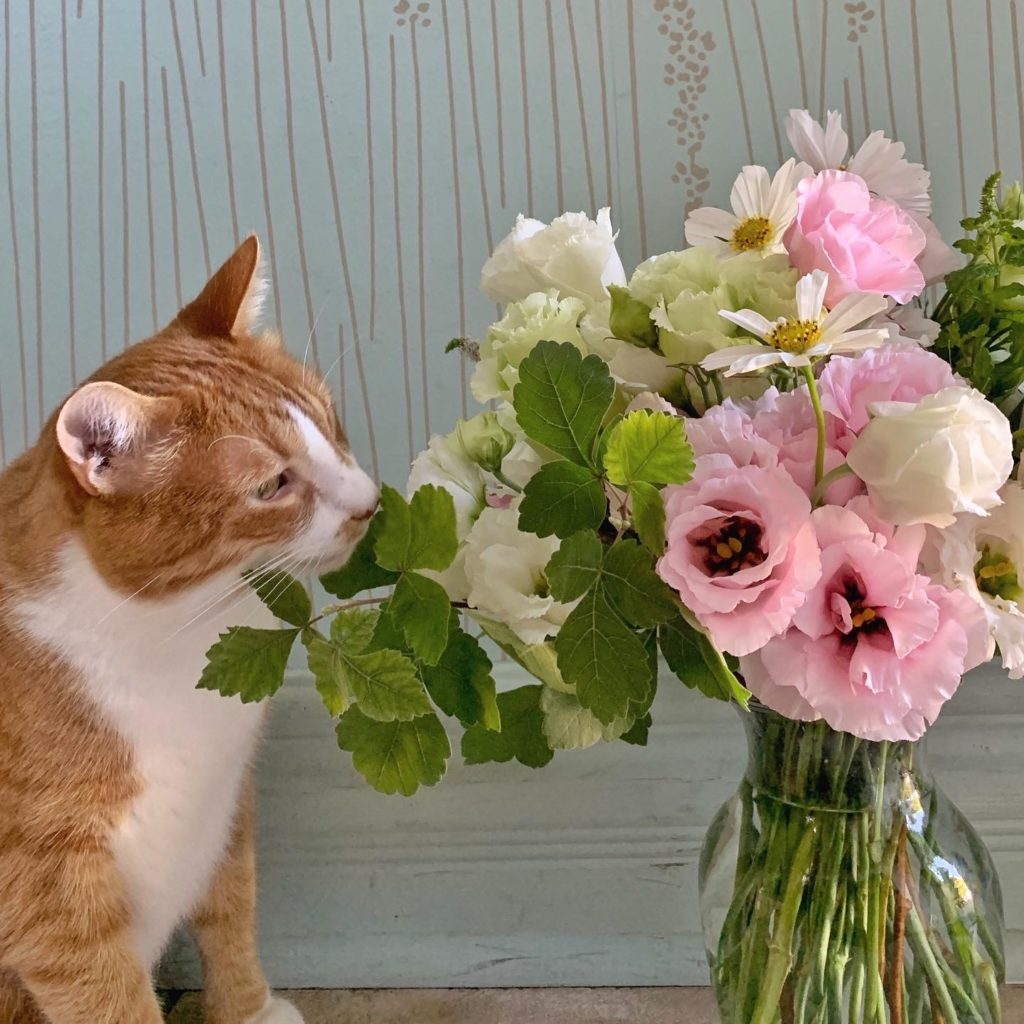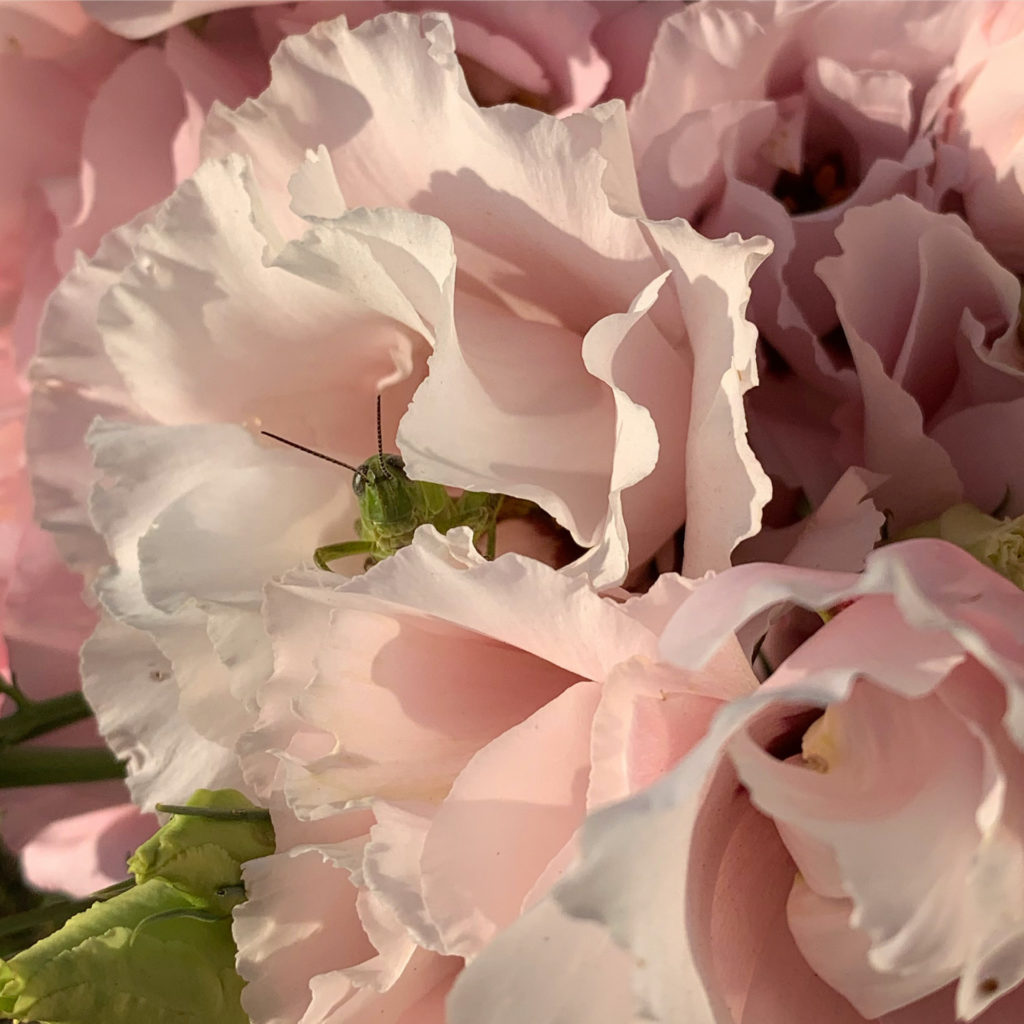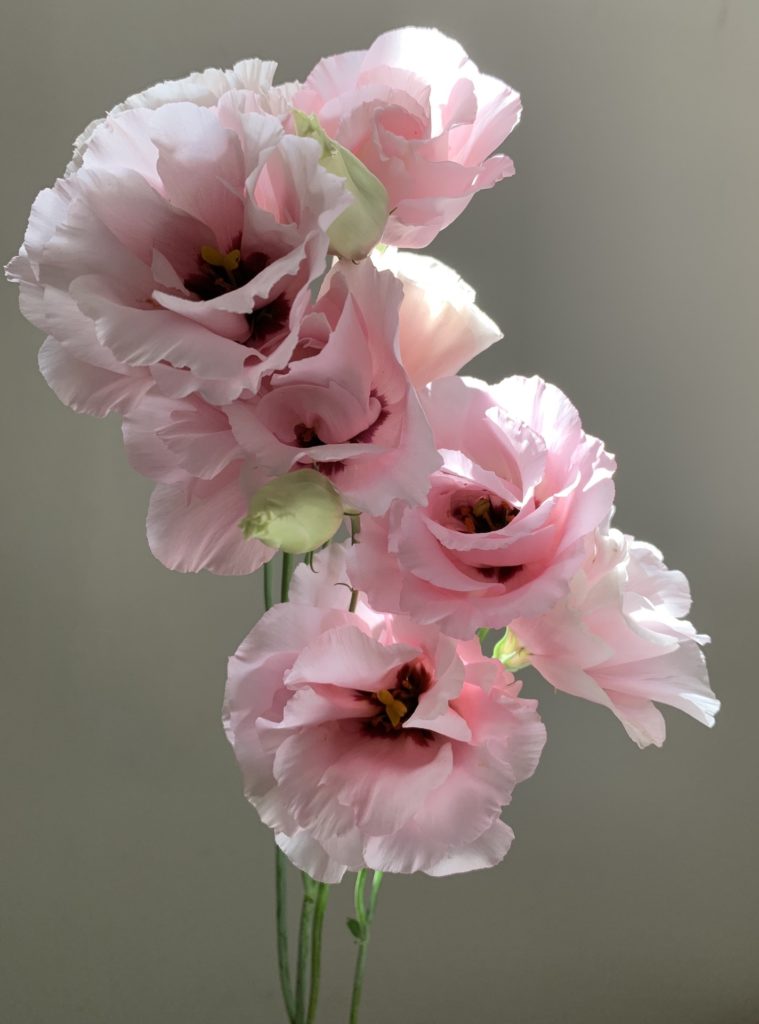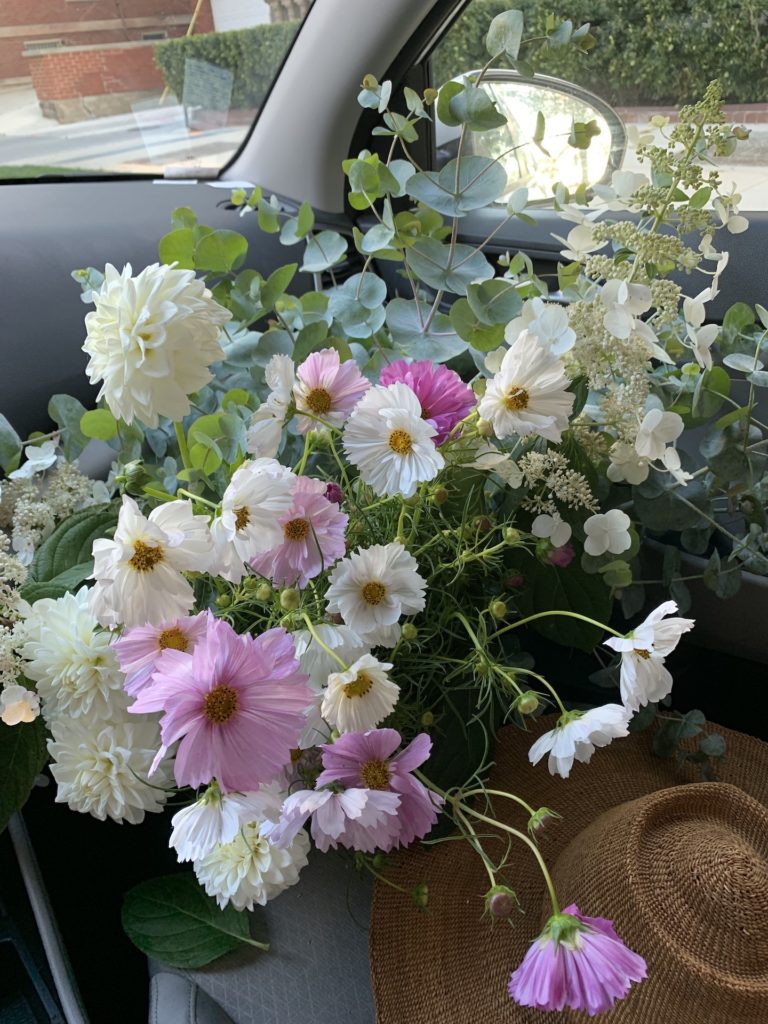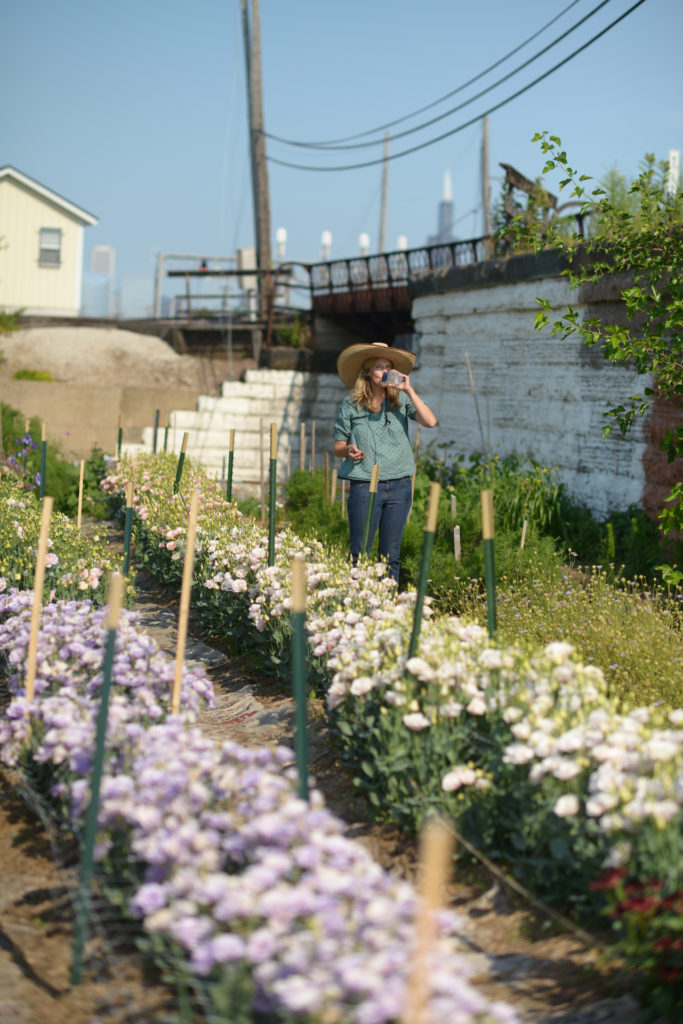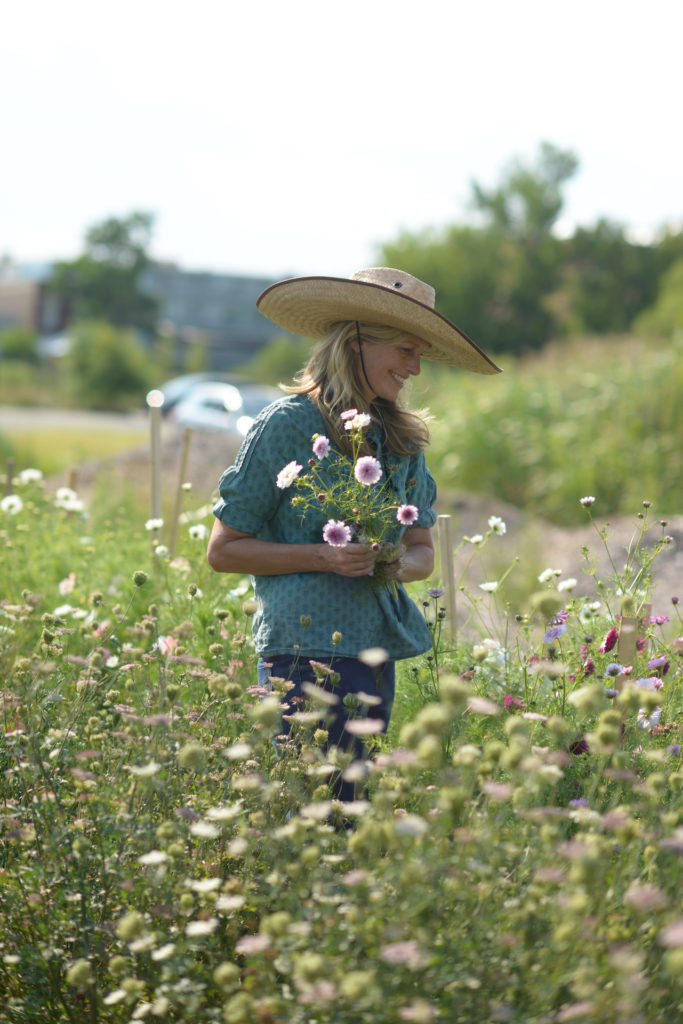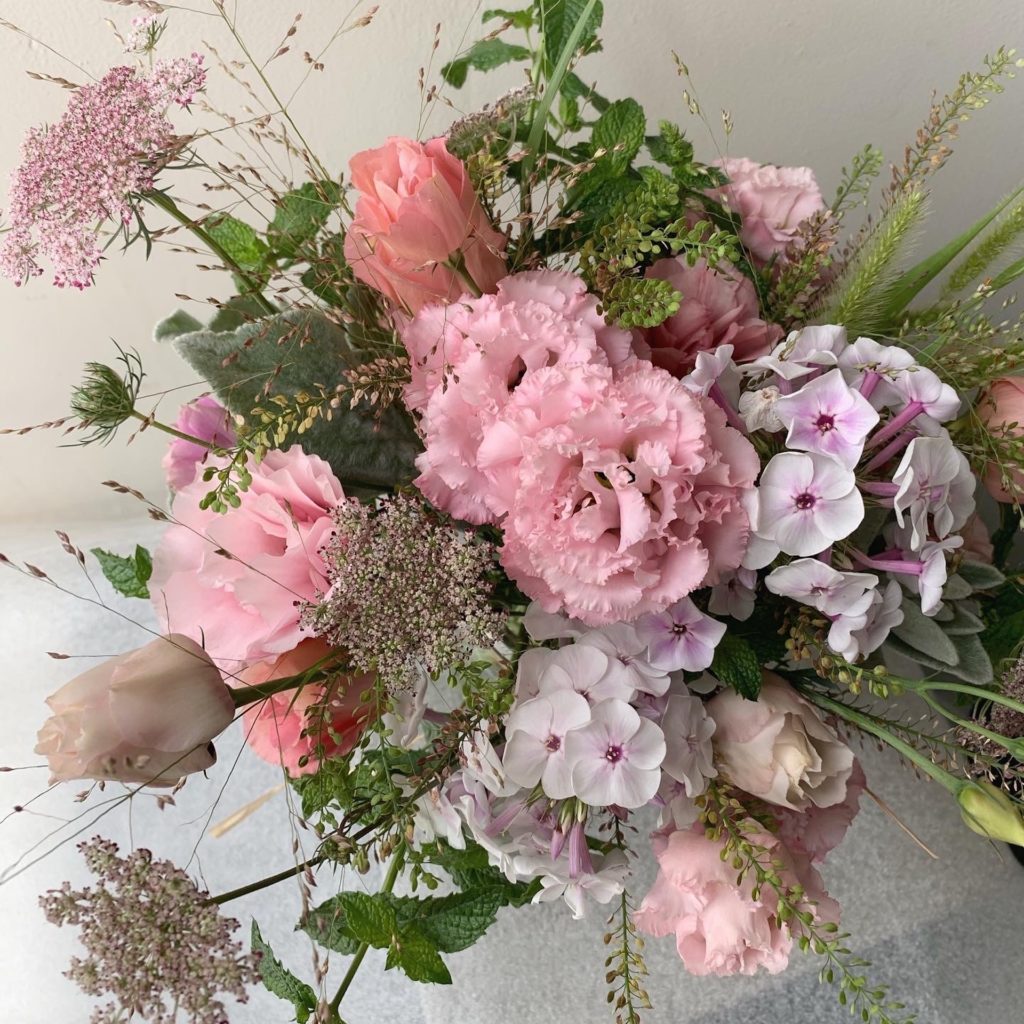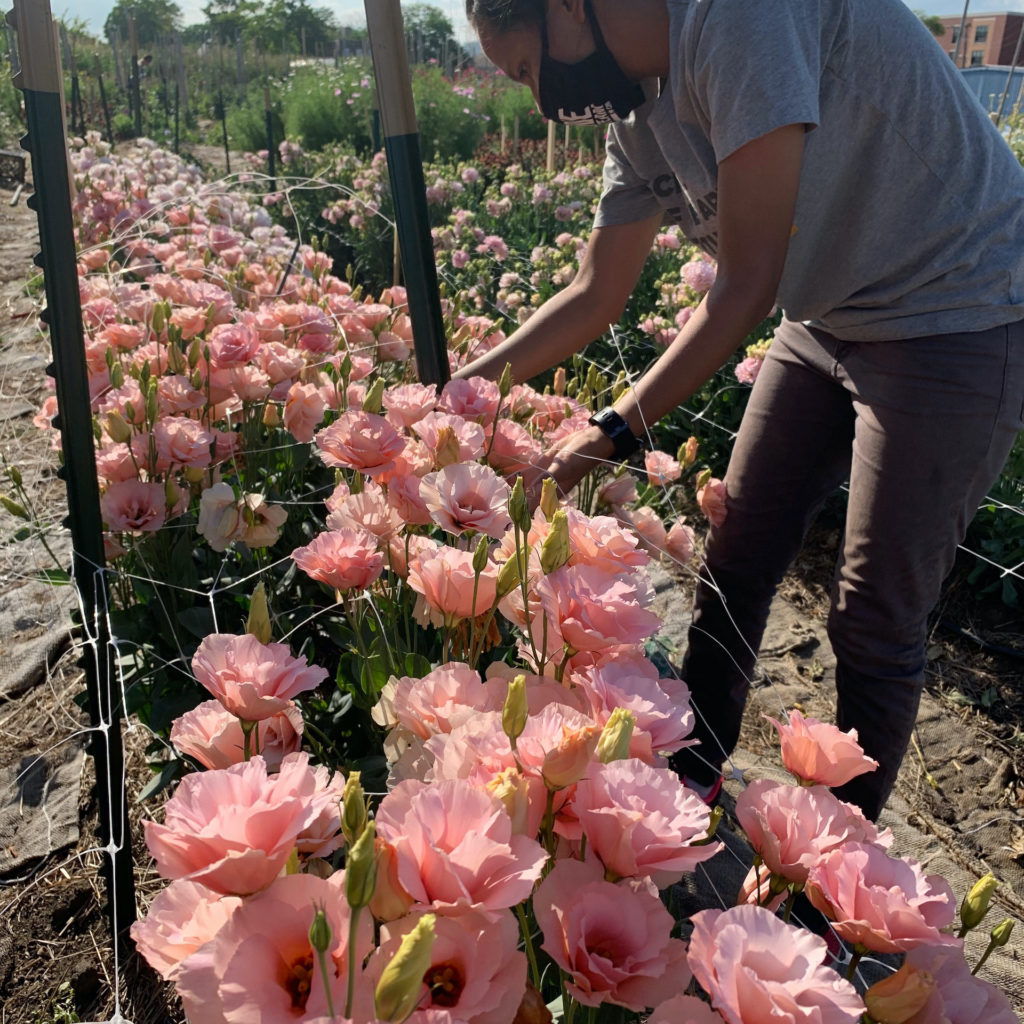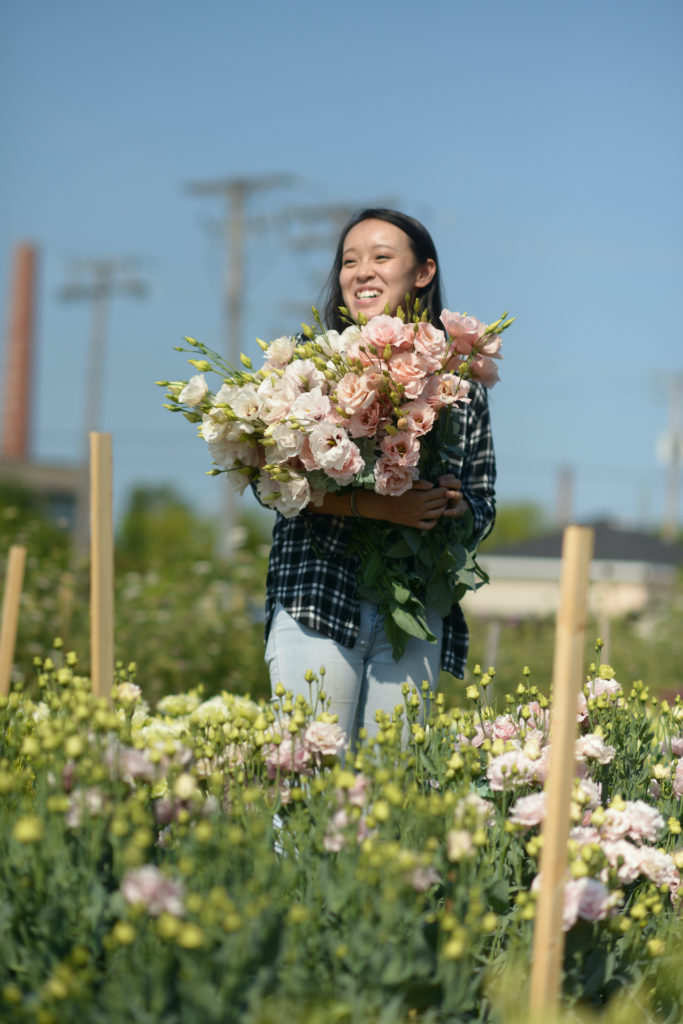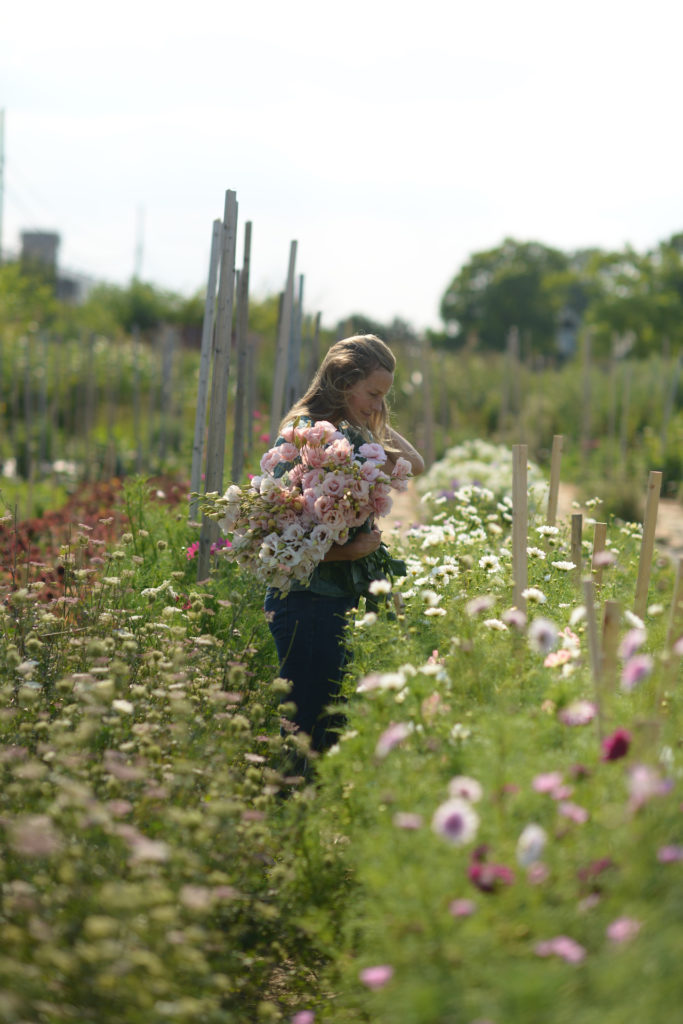Pandemic as a Portal


This past summer in Chicago was the hottest summer on record, but how does a Chicago flower farmer even begin to talk about climate change without sounding like a pious pollyanna or a doomsday Debbie Downer on someone’s wedding day? I believe flowers have regenerative powers, and that the decision to limit the importation of them from other continents is an emotionally powerful, engaging and hopeful one. Although I know that the Covid-19 Virus has and will continue to create suffering of unimaginable proportions all over the world, it has been for me a sort of portal, as the author Arundhati Roy describes in her unmissable article. It has allowed us to get off the roller coaster that is high-end event production, and bank enough perennials and bulbs in the farm to move further away from the conventional flower industry grid, to begin composting all of our waste and build resilience by deepening our relationships within the circular urban agricultural community in Chicago.
The truth is that I’ve kept the farming aspect of my luxury event design business going against all odds for many years now. Behind the dreamy pictures is the story of not owning my own land and being displaced every three years after painstakingly remediating toxic urban soil again and again. My crew and I have overcome countless challenges in the quest for a more sane business model than flying flowers coated in toxic pesticides in from other continents. Knowing that organic, locally grown flowers are, in fact, the only way forward has kept us going.
She writes:
“What is this thing that has happened to us? It’s a virus, yes. In and of itself it holds no moral brief. But it is definitely more than a virus. Some believe it’s God’s way of bringing us to our senses. Others that it’s a Chinese conspiracy to take over the world. Whatever it is, coronavirus has made the mighty kneel and brought the world to a halt like nothing else could.
Our minds are still racing back and forth, longing for a return to “normality”, trying to stitch our future to our past and refusing to acknowledge the rupture. But the rupture exists. And in the midst of this terrible despair, it offers us a chance to rethink the doomsday machine we have built for ourselves. Nothing could be worse than a return to normality.
Historically, pandemics have forced humans to break with the past and imagine their world anew. This one is no different. It is a portal, a gateway between one world and the next. We can choose to walk through it, dragging the carcasses of our prejudice and hatred, our avarice, our data banks and dead ideas, our dead rivers and smoky skies behind us. Or we can walk through lightly, with little luggage, ready to imagine another world. And ready to fight for it.”
 Previous post
Chicago flower farm in Spring
Previous post
Chicago flower farm in Spring
 Next post
Foam-Free Pandemic Wedding
Next post
Foam-Free Pandemic Wedding
